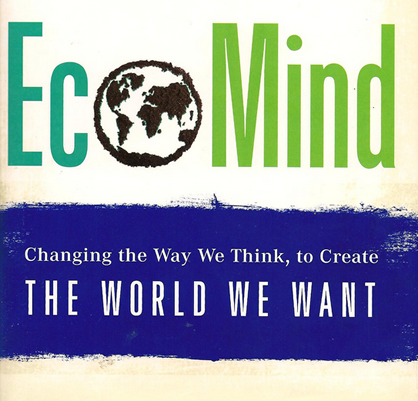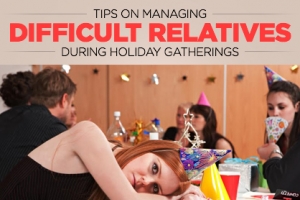Frances Moore Lappe’s book ‘EcoMind’ Reshapes Way We Think About Global Crises
Considering the incredible worldwide toll of hunger, climate change and armed conflict, to mention just a few, it is not surprising that we feel powerless to make change. What is surprising, says best-selling author Frances Moore Lappe, is that this “crippling state of mind” is the real problem, and not a dearth of solutions. In her newly reprinted book, published by Nation Books and to be released in paperback April 23, “EcoMind: Changing the Way We Think, to Create the World We Want,” environmentalist Lappe details how our true crisis is how our “mental map” prevents us from acting.
“The inspiration to write ‘EcoMind’ came from this conviction: I believe that solutions to global crises are right in front of our noses, and our real challenge is to free ourselves from self-defeating thought traps that keep us from bringing these solutions to life,” Lappe declared. “From our eroding soil to our eroding democracies, so much of what's wrong results from ways of thinking that are out of sync with human nature and nature's rhythms … And it turns out that gap between the world we long for and the world we thought we were stuck with can be bridged after all—if we can learn to think like an ecosystem. I wrote ‘EcoMind’ to show us the way.”
This mental map, our core beliefs, tells us that there is a lack of everything we need, from energy and food to the goodness inside us all. We wind up full of fear, guilt and despair, which generates the same scarcity we seek to overcome. Drawing on everything from neuroscience to ecology, biology and psychology, Lappe argues we must learn to “think like an ecosystem” and realize our inherent power to change the world, developing an “eco-mind.” In “EcoMind,” Lappe analyzes the seven “thought traps” that comprise the average mental map, suggesting new ways of seeing she calls “thought leaps.”
Humans may be doers, says Lappe, but our ability to take action may be undermined by these “thought traps,” which promote negative feelings and prevent action. Lappe interweaves stories of real people around the planet who have transformed the way they think, leading them to transform the world around them.
“I want to free people to be themselves! We humans didn’t make it to 7 billion because we are couch potatoes and whiners. No way. A deep need, in just about all of us, is to make a difference. We have to feel we count! And right now too many people feel that they don’t, and that they can’t,” Lappe said.
Imagining herself a “possibilist” and not an optimist or pessimistic, Lappe explains how global deprivation results from humankind’s rules, not nature’s limits. When we align economics with nature, we can generate enough resources for all. This realization is a thought leap itself. From making Germany a leader is sustainable energy to allowing Indian villagers to preserve local forests, new rules work when they involve the average community member in the process of creating them. The answer lies not in changing human nature – our greed and selfishness – but in generating the conditions that bring forth cooperation and imagination.
“The possibility I put forth is of society aligned with our nature,” Lappe articulated. “It’s as simple as that. Right now, together we humans are creating a world —with violence, hunger, gaping inequalities, and environmental devastation—that just about no one of us would say we want. Kind of crazy, isn’t it? ‘EcoMind’ says that this is happening because we’re trapped in a false view of ourselves that creates enormous fear. But, and here is the great news, we can create society that is aligned with our nature: dynamic and evolving in response to the voices and creativity of its citizens.”
This innovative approach to resolving the key problems that plague our planet is revolutionizing how we imagine our global crises. The book has taken on a life of its own, with workshops to teach its concepts and dozens of classrooms across the nation using it as a text. Using startling stories, grassroots solutions and a strong conviction in the transformative energy of reimagining our collective mindset, EcoMind serves as a toolkit to create the power all of humankind needs to reshape our global community.
“With … ‘eco-mind,’ revealing our connectedness in continuous change, one thing is clear: The only choice we don’t have is whether to change the world. Our only choice is how we change it,” Lappe said.
The best-selling author of 18 books, including the famed “Diet for a Small Planet,” Frances Moore Lappe is known as a major activist. She has co-founded three organizations: Food First: The Institute for Food and Development Policy, the Small Planet Institute and the Small Planet Fund. A busy humanitarian, Lappe continues her work today as a public speaker and writer from her home of Cambridge, Mass.
For more information on “EcoMind,” visit smallplanet.org/books/ecomind.
Tagged in: green, book, environment, ecomind, frances moore lappe,

LadyLUX



